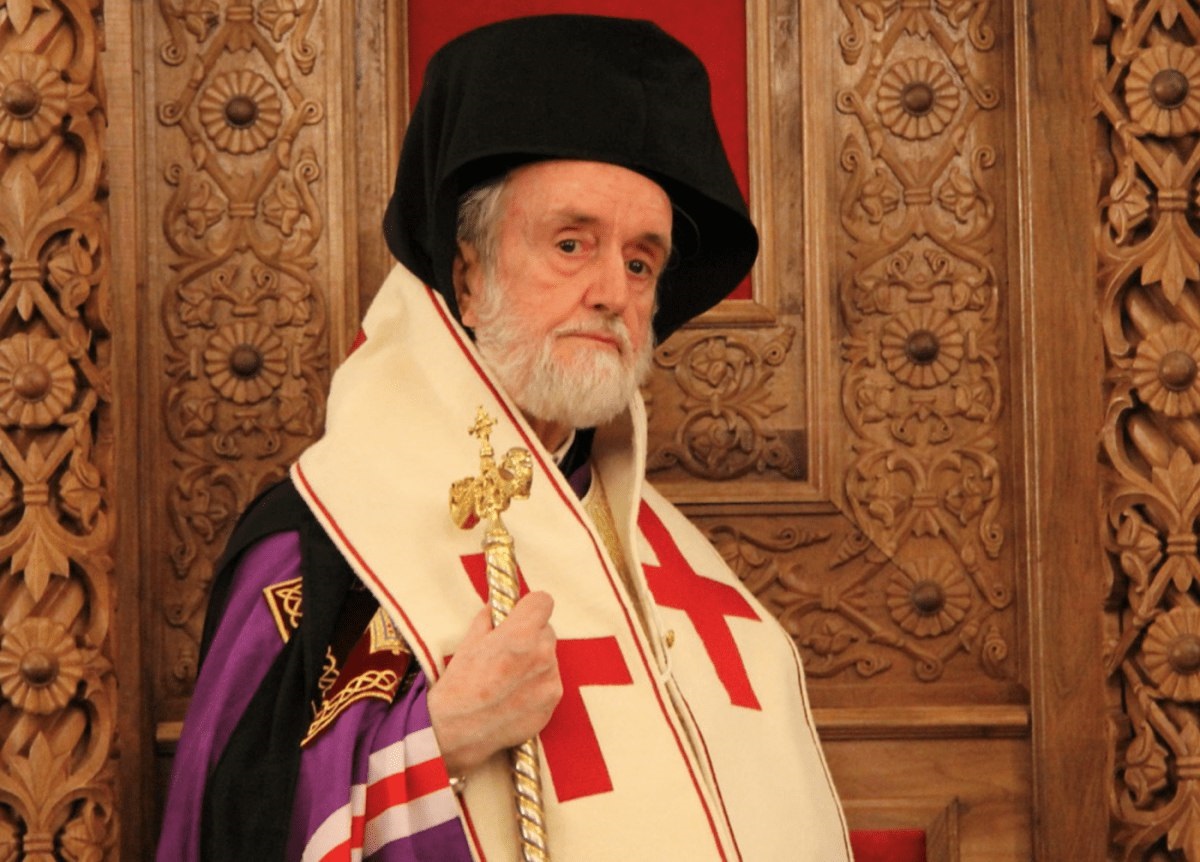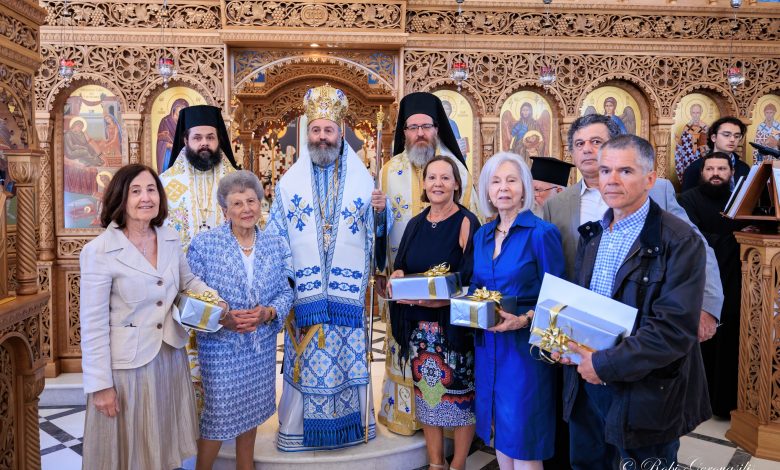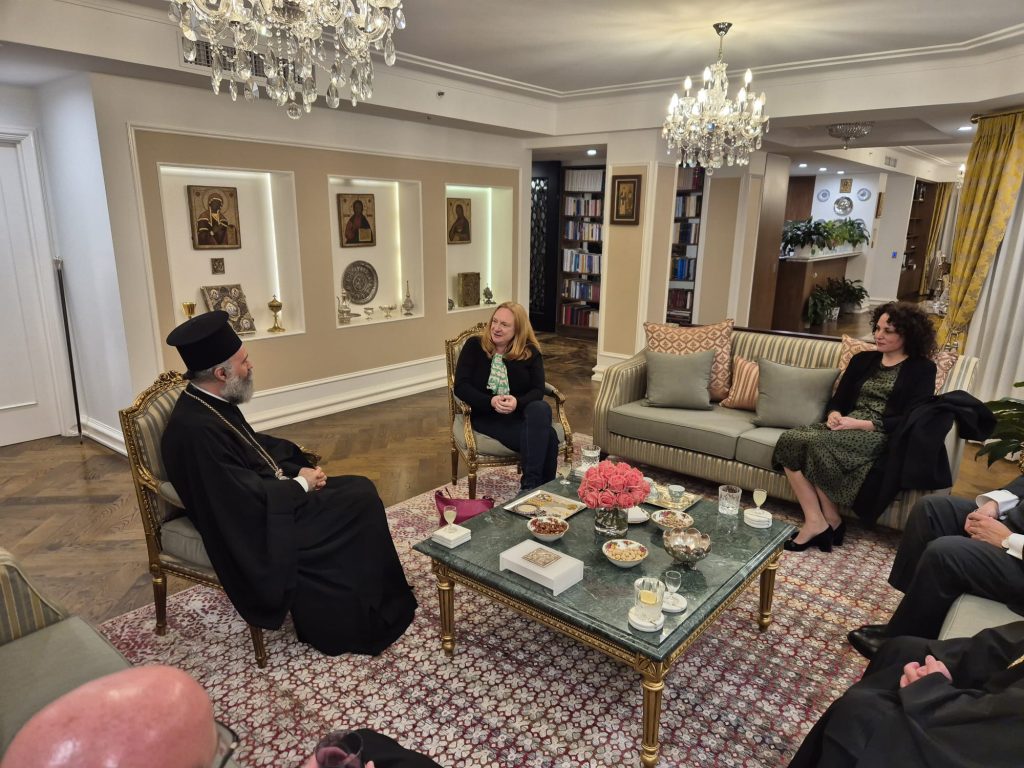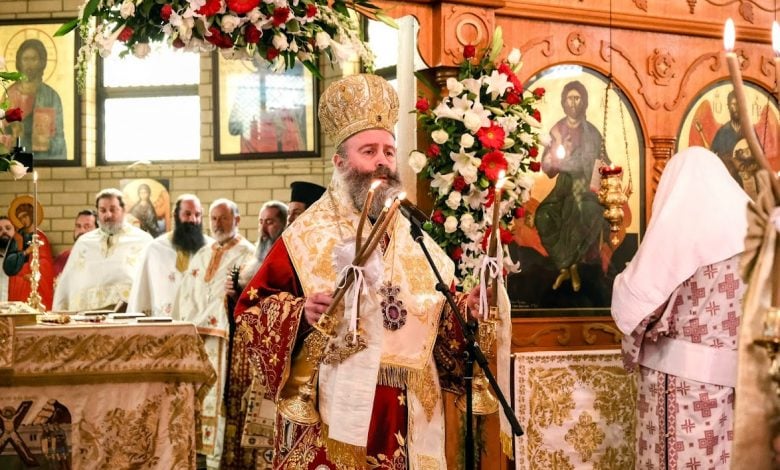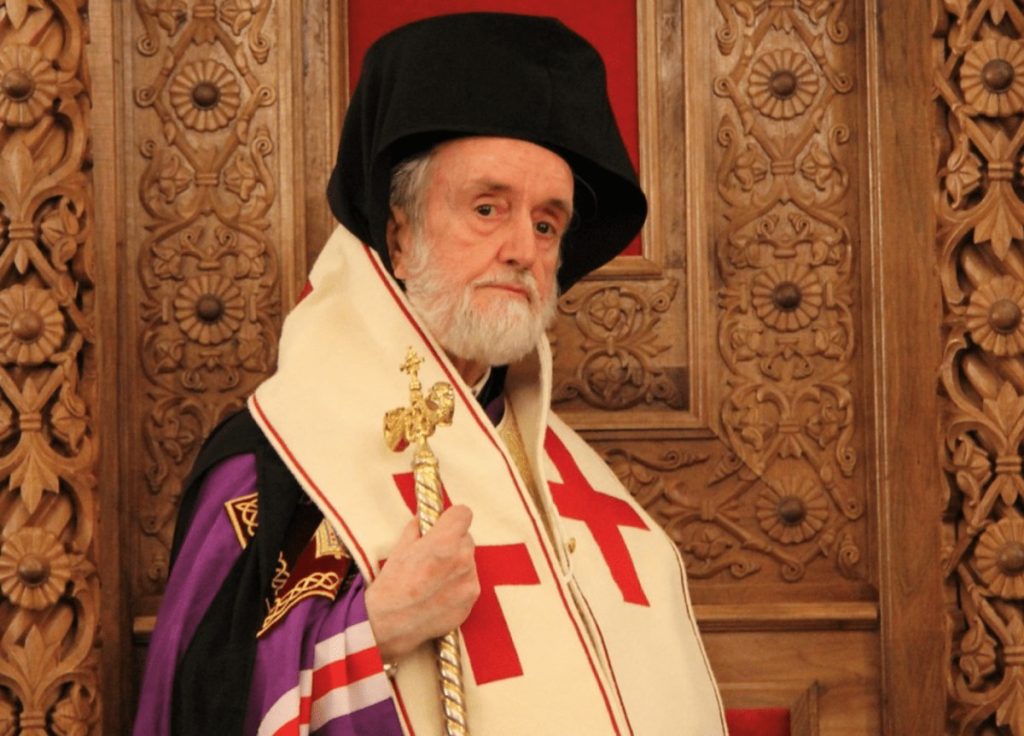
The emblematic Hierarch of the Ecumenical Patriarchate and venerable brother and co-liturgist, leading theologian of our time and distinguished academic teacher, Elder Metropolitan John (Zizioulas) of Pergamon, who is already traversing from the present and sorrowful towards the eternal and the joyful, awaiting the Future Kingdom and the Last Days, and truths towards which his theological thought was always oriented, since according to his writings: “the identity of the Church, its existence, its ontology is Eschatological”[1]. And how could it be otherwise, since the blessed Hierarch throughout his life, with unparalleled consistency and faithfulness, remained church-centric, without exceptions and concessions to the fundamental ecclesiological beliefs of the Orthodox Church.
With boldness, original and deep thought, philosophical contemplation, solid knowledge of church history and the theology of the Fathers, the late Elder Metropolitan John breathed new and dynamic life into Orthodox Theology, contributed uniquely to the dissolution of syndromes of intra-Orthodox introversion but also to the change of the image of the Orthodox Tradition in the global theological development. At the same time, in the person of the Metropolitan John of Pergamon, Orthodox Theology of the 20th and 21st centuries met the harmonious synthesis of the thought of the Fathers with the modern theological trends, but also the demands of the post-modern person, who was looking for answers that they could not find through traditionalist norms.
The work of Metropolitan John of Pergamon has been widely accepted and studied, with a multitude of books and theses having been published from his study, both by orthodox and heterodox theologians, being indicative of his enormous importance. The assessment of the content, scope and quality of the theological works of the Late Hierarch is a task, which will intensively occupy the theologian of the future, who from the security of timely distance will crystallise his conclusions.
One thing, however, remains as the fundamental and constitutive characteristic of the theology of the Metropolitan of Pergamon, as His All-Holiness our Ecumenical Patriarch Bartholomew has also pointed out: “it is ecclesiastical theology, which combines traditionalism with those of the present time”[2]. The blessed Hierarch, whether he theologises about doctrine, or about the Eucharist and the Mysteries, or Synods and Canons, or the Bishop, or about personhood, whether about Creation and man, he always does so within ecclesiastical frameworks, because the Church constitutes and contains the whole.
The theology of the ever-remembered Hierarch is not an intellectual, individual theology – not even personal I would dare to say – but a theology which is conceived, emanates and is born in the Eucharist and from the Eucharist, as the pre-eminent reality of identity of the Church and the most perfect iconological reflection of the Future Kingdom, which is why it always remains ecclesiastical theology, that is, authentically orthodox. Metropolitan John of Pergamon had a spiritual foundation and for this reason he managed throughout his life to maintain a theological and ecclesiastical stability and faithfulness, an important element to emulate for the contemporaries of theology, whose conclusions – often – prove their spiritual inadequacy.
The Mother, Holy Great Church of Christ, our venerable Ecumenical Patriarchate mourns the loss of one of its illustrious Hierarchs and an ardent defender of its inalienable canon law, Orthodox Theology mourns the Rector of theologians and “we who are alive and who are left until the coming of the Lord” (1 Thess. 4: 15), the wise teacher and venerable brother Hierarch.
May His Memory be eternal!!!
[1] Metropolitan John of Pergamon, The Eucharistic Communion and the World, 22011, pg. 115.
[2] Patriarchal Letter on the proclamation of the blessed Elder Metropolitan of Pergamon as an associate of the Academy of Theological Studies of Volos, 25/10/2011.
